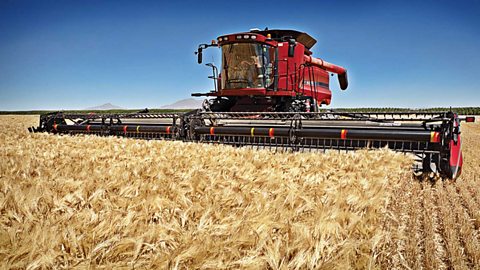Programme content:
Interview: with a Jewish family as they prepare for Sukkot by building and decorating their âSukkahâ.
Song: âThe building songâ (Come and Praise 1, no 61). Verses 1 and 2 only.
Story: Escape from Egypt by Sue Reid.
Reflection: On why itâs good to give thanks for all the things that we have and remember those who do not have the same.
Pre-programme questions:
- Have you heard of the festival of Sukkot? What do you know about it?
- Have you ever been camping, spending time in a tent? What are the good things about camping and are there any less enjoyable aspects?
- Would you like to live in a tent for years or is it good to come home at the end of a camping trip?
- Can you think of three things that it is good to stop and think about and give thanks for?
Story synopsis:
The story begins in Egypt late at night. Ishmael, the son of an Israelite slave, overhears his father telling the other men that tonight Moses will lead them from Egypt to the âPromised Landâ. Unknown to them he had slaughtered a sheep and daubed some of itâs blood on the door post earlier that day. He told them it would keep them safe. The others didnât understand, but it soon it would become clearâŠ
The Israelites are excited to be free, but after days of trudging in the wilderness they become weary and question Mosesâ faith that they will reach the âPromised Landâ.
As they reach a sea suddenly, in the distance, they see Egyptians soldiers chasing after them. They are stuck with nowhere to go. Then, Moses raises his staff and the waves before them roll back, revealing a path to safety between two great walls of waterâŠ
After the story:
- In the story the Jewish people are slaves in Egypt. What is a âslaveâ and how does slavery differ from having a job?
- How many times had Pharaoh promised to let the Jewish slaves go? Why do you think he didnât keep his promise?
- What happened at the end of the story? How did Moses lead his people to safety even though the Egyptians on horseback had caught up with them?
Follow-up activities:
Imagine that you are one of Pharaohâs slaves. What do you think your life would be like? What would your daily activities be? How early would you start work? How long would you work? Imagine your thoughts in the few moments before you sleep and write these down as your reflections on your life as a slave.
Working in groups of three or four improvise a scene where Moses asks Pharaoh for the seventh time to let his people go free. One of you will be Moses and another Pharaoh. What will he say to them about the situation? In your drama, how will you show the power and wealth of Pharaoh? How will he talk to Moses and to his own advisors?
Click to display the image full size
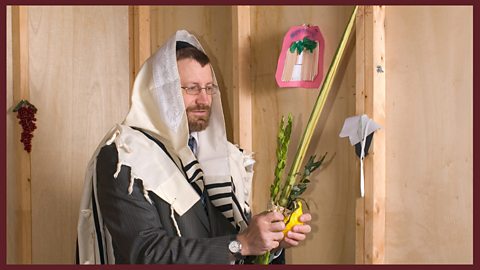
Download the full programme (mp3)
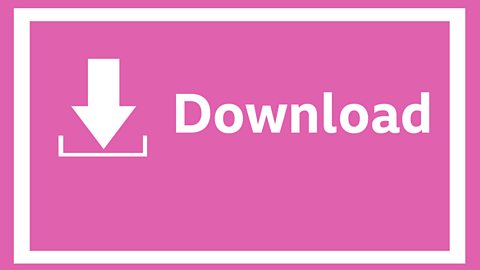

KS2. Guru Nanak. audio
Hear about the life of Guru Nanak, founder of the Sikh religion
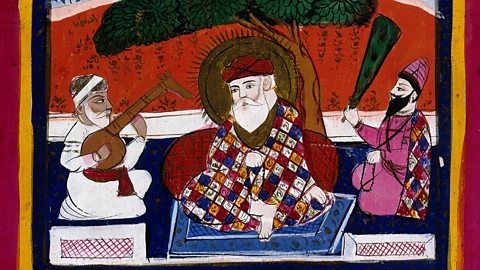
KS2. Yom Kippur. audio
Hear about Yom Kippur, the holiest day of the year in Judaism
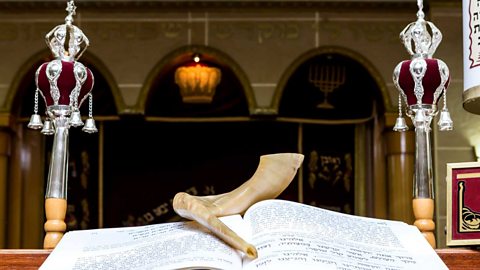
KS2. Harvest. audio
Gemma finds out about the annual celebration of the Harvest and the importance of sharing.
